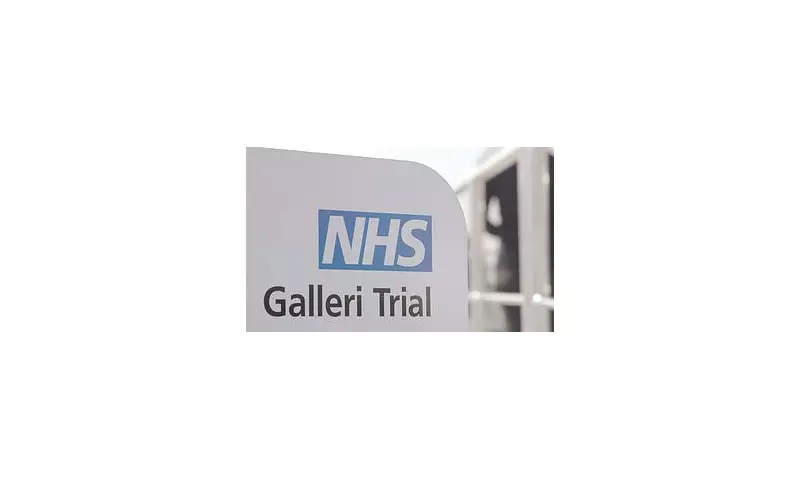
A revolutionary blood test that could transform cancer diagnosis in the UK has shown extraordinary results in major NHS trials, detecting over 50 types of cancer with remarkable accuracy while virtually eliminating false alarms.
The groundbreaking Galleri test, developed by California-based company Grail, represents what many are calling the 'holy grail' of cancer screening. Unlike traditional methods that target specific cancers, this innovative approach can identify multiple cancer types from a single blood sample.
Unprecedented Trial Results
In what stands as Europe's largest study of its kind, the NHS assessed the test's effectiveness across thousands of participants. The results were nothing short of revolutionary - the test successfully identified two out of every three cancers among individuals who actually had the disease.
Perhaps even more impressively, when the test indicated cancer was present, it was correct in 85% of cases. This dramatically reduces the anxiety and unnecessary follow-up procedures associated with false positives that plague many current screening methods.
How This Medical Marvel Works
The Galleri test operates on a sophisticated principle, detecting tiny fragments of DNA that tumours shed into the bloodstream. What makes it truly groundbreaking is its ability to not just identify the presence of cancer, but also pinpoint where in the body the disease is located.
This dual capability makes it an invaluable tool for doctors, potentially leading to earlier interventions and significantly improved survival rates.
The Path Forward for UK Healthcare
Professor Peter Sasieni, director of the Cancer Research UK and King's College London Cancer Prevention Trials Unit, expressed tremendous optimism about the findings. 'This could be a game-changer for early cancer detection,' he stated, highlighting the test's potential to identify cancers that currently lack reliable screening methods.
The NHS is now expanding its research, recruiting additional participants across multiple English regions. If further studies confirm these promising results, the Galleri test could become a standard part of routine healthcare within the next few years.
A New Era in Cancer Care
This development represents the most significant advancement in cancer screening since mammograms and cervical smears were introduced decades ago. For cancers like pancreatic, ovarian, and certain throat cancers - which often remain undetected until advanced stages - this test could be life-saving.
With cancer affecting nearly one in two people during their lifetime, this breakthrough offers new hope for earlier diagnosis, more effective treatment, and ultimately, saving thousands of lives across the United Kingdom each year.





